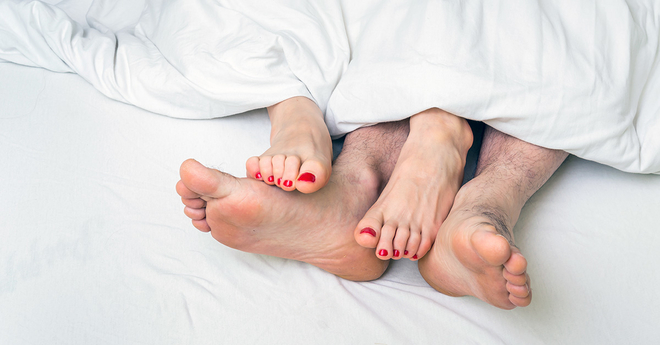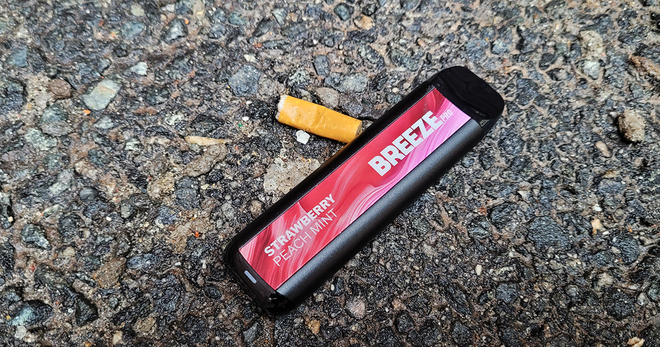Cigarette filters mislead consumers, with 1 in 3 smokers falsely believing filters reduce harm
More than a third of current smokers (33.2%) erroneously believed filters make cigarettes less harmful to smoke, a line perpetuated by the tobacco industry, according to Truth Initiative research published in Tobacco Control. Overall, nearly a quarter (23%) of survey respondents held this belief, pointing to the need for education and outreach to educate the public – and smokers in particular – that filters do not make smoking safer.
The halo effect of filters
There is an established body of evidence demonstrating that filters don’t reduce the negative health consequences of cigarettes. Instead, cigarette filters falsely reassure smokers that they reduce the harmfulness of the products. Cigarette filters reduce the harshness of cigarette smoke, creating an easier to inhale experience that facilitates smoking in young people who are new to it.
In addition to more than a third of smokers who believed that filters made smoking less harmful, nearly a quarter of former smokers (24.3%) also held this belief compared to those who had never smoked (21.3%). Researchers found that 60% of respondents correctly believed filters make it easier to smoke.
Increased knowledge tied to support for filter policies
The recent study found that knowing the truth about the health harms unaddressed by filters were associated with more support for policies regulating filtered cigarettes. Those who knew that filters do not make cigarettes less harmful were more than twice as likely to support a ban on filtered cigarettes.
Survey respondents wise to the fact that filters don’t reduce cigarette harm were also 1.5X more likely to support adding a “litter fee” – a $0.75 fee per pack of cigarettes to pay for cleaning up cigarette litter. The study also found that knowledge about the environmental harms of cigarettes was tied to greater policy support for reducing cigarette waste. One-fifth of adults incorrectly believed cigarette filters were biodegradable, but those who knew that filters are not biodegradable had nearly 1.5X higher odds of supporting a litter fee.
More in harmful effects of tobacco
Want support quitting? Join EX Program
By clicking JOIN, you agree to the Terms, Text Message Terms and Privacy Policy.
Msg&Data rates may apply; msgs are automated.


